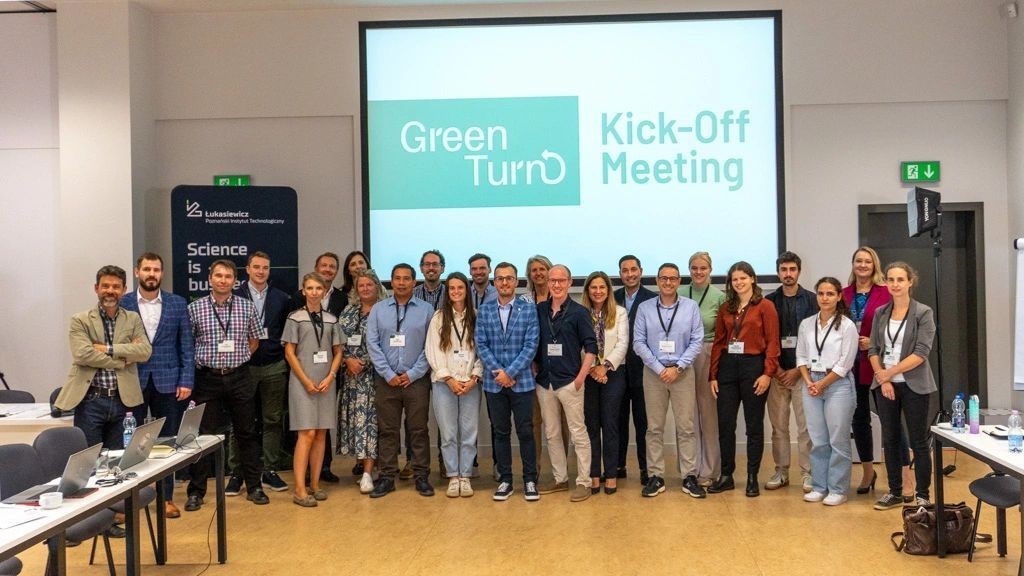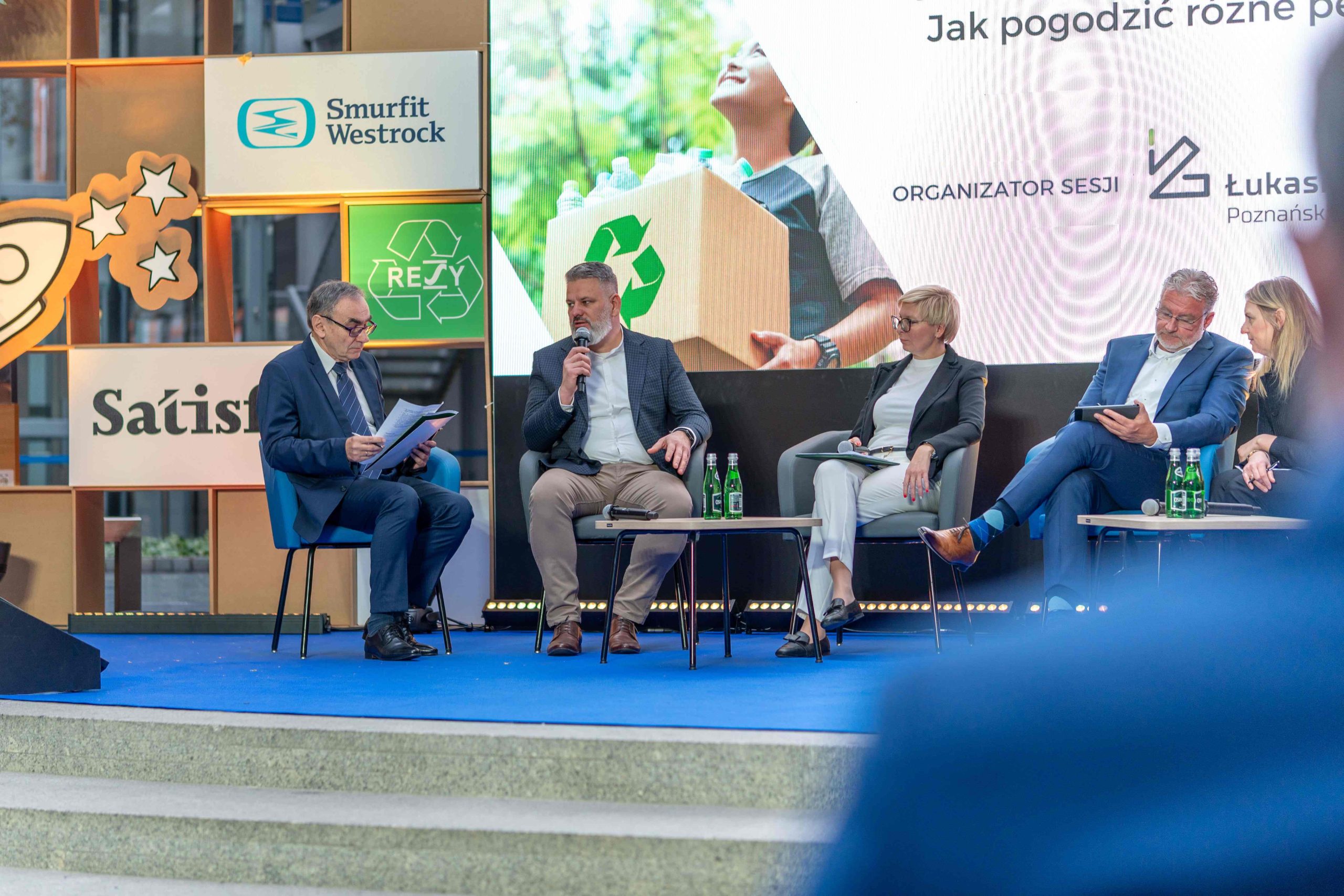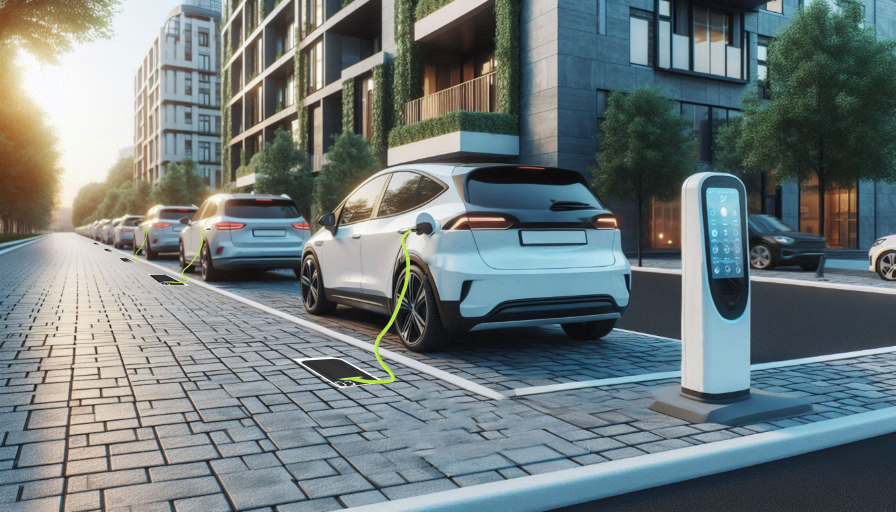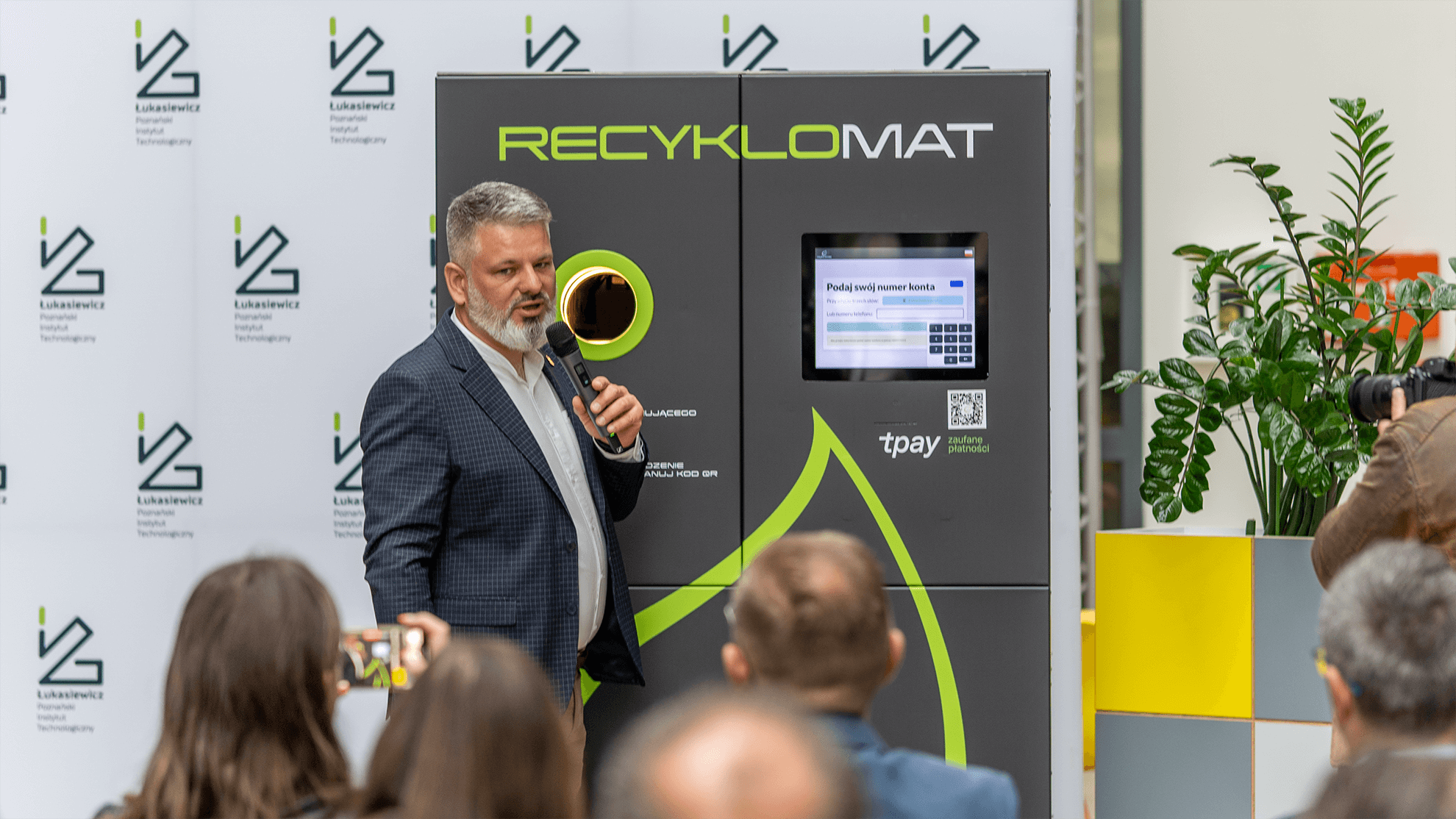Zero-emission e-commerce. How do you make it happen?

Developing zero-emission logistics solutions and a model to encourage customers of online shops to make greener choices – these are the main objectives of the international GreenTurn project. Its leader is Łukasiewicz – Poznan Institute of Technology, and partners include InPost and the City of Poznan.
The project started in August. It is being implemented by an international consortium consisting of research institutes, scientific units, representatives of logistics operators and public authorities.
Its essence is not only to develop and disseminate zero-emission solutions in the field of e-commerce logistics, but also to create a strategy to reliably inform customers about the ecological footprint and encourage them to make rational decisions about choosing a form of delivery or making returns.
How to convince e-commerce customers to make sustainable choices?
The project will start with social research conducted in five European cities: Athens, Lyon, Zaragoza, Vienna and Poznan. Researchers will ask online shoppers about their shopping habits and their expectations of sustainable delivery. They will want to find out to what extent emissivity is important when choosing a particular form of delivery, whether customers would return a package if it were possible or what conditions would have to be met to reduce the number of returns
– We will not only study declarative attitudes, but also analyse the actual paths of action and choices made by customers in specific online shops. These shops will report on emissivity and encourage sustainable decisions in various ways. On this basis, together with the project partners, we will develop improved incentive systems to encourage shoppers to choose the most low-carbon forms of delivery possible, as well as to reduce the scale of their returns, explains Bartosz Kożuch, coordinator of the GreenTurn project.
By knowing what influences customers’ decisions, the researchers will develop models to guide online retailers on how to communicate greener forms of delivery and reduce return decisions. So that the key selection factor is not just price.
Green delivery
One of the project’s phases will also be the development of a catalogue of zero-emission forms of delivery – from the use of electric vehicles (delivery vans, e-cargo bikes) to micro-hubs. The catalogue created will include ready-to-implement technological and organisational solutions that have been tested by thelogistics companies involved in the project.
As part of GreenTurn, the researchers also plan to develop a tool to measure the carbon footprint of e-commerce logistics in selected countries in Europe, complementing European Union policy objectives and existing international standards and norms in this area. Increasing the quality and availability of data on the ecological footprint will enable it to be used, for example, by city authorities when creating transport or social policies.
– The City of Poznań supports activities which contribute to reducing the number of combustion vehicles – emitting harmful substances – in the city centre, promote eco-mobility solutions and improve air quality. The involvement of the City of Poznań as a partner in the GreenTurn project will allow the development of in-depth recommendations for the city’s transport documents, i.e. the Sustainable Urban Mobility Plan (SUMP) or the Transport Mobility Policy for the City of Poznań. Participation in the GreenTurn project will broaden officials’ knowledge of processes involving delivery and the specifics of the e-commerce sector. Experience from the project will be used in the future to more effectively plan solutions for city logistics in Poznań, says Grzegorz Kamiński, Director of the Office for Project Coordination and City Revitalisation of the Poznań City Hall.
The GreenTurn project will last three years. It is being implemented as part of the European Commission’s Horizon Europe programme.




